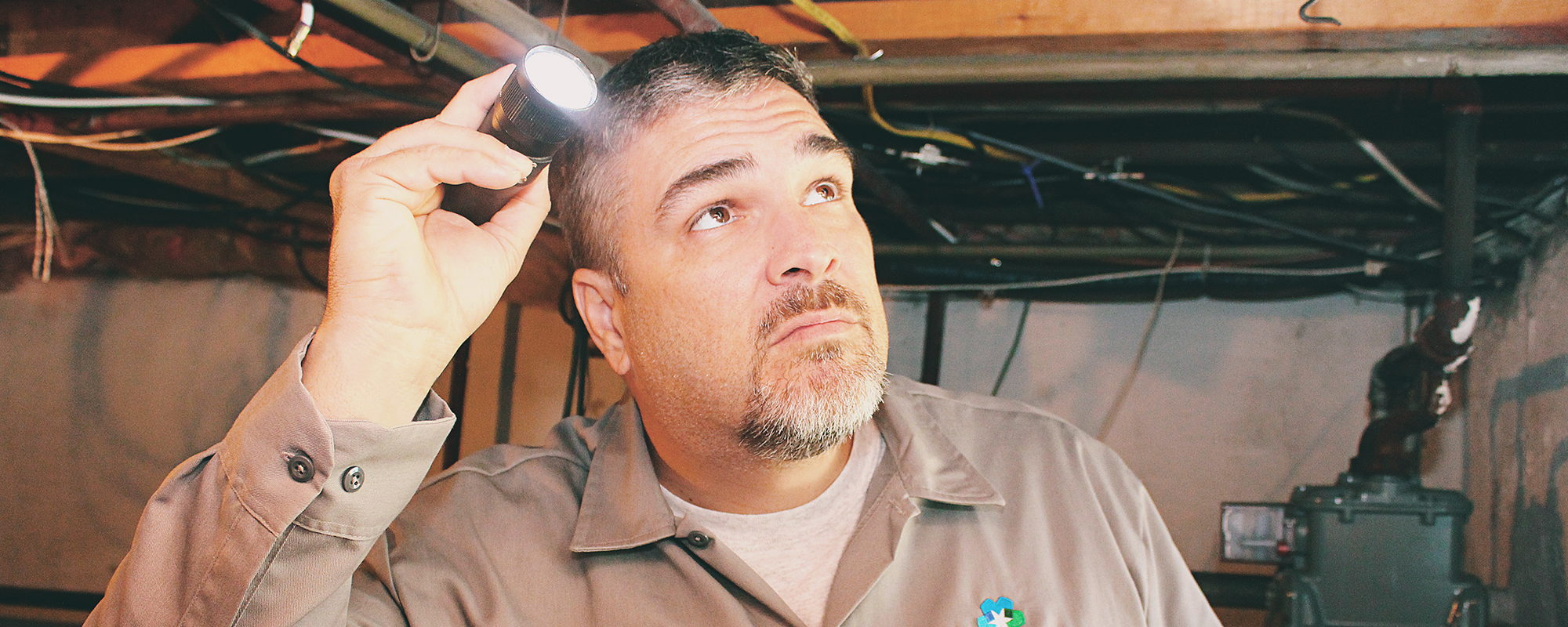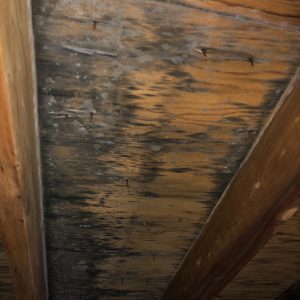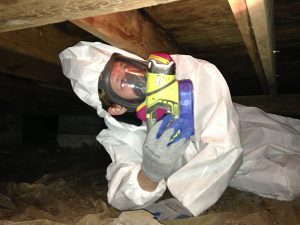 Uncommon Areas When Looking For Mold
Uncommon Areas When Looking For Mold
Mold can be found everywhere. Indoors, outdoors, anywhere you can imagine. There are certain areas that are more prone to mold development than others, but mold isn’t picky. This is why it’s important that when you are checking for mold in your home, you check everywhere possible. Especially in an uncommon area that you may not suspect. Of course mold isn’t always visible. It may be in an area where you can’t access such as a small corner or a crawl space. Or maybe you can’t see any mold, but you can smell it. Mold has a musty, earthy kind of odor, so keep this in mind while searching for mold as well. No matter the circumstance, it is imperative that you are thorough in your search for mold in your home.
Where To Check For Mold
People often report finding mold on their foundation walls. This is common because basements tend to be more of a moist environment than some others in the home. However, there are many places that you may not even think to look. Areas that are prone to mold that may go unnoticed include:
- Joists: We see a lot of mold on floor and ceiling joists during remediations. This may be because it is an uncommon area that people often overlook because it is not directly in their line of vision. This “out of sight, out of mind” mindset can be detrimental in a mold situation.
- Bathrooms: Because of the amount of moisture that bathrooms produce, this makes them a prime area for mold development. If you suspect that there is mold in your home, the bathroom may be a place where you want to look. Bathrooms experience a lot of condensation, heat, and steam. If you are looking to prevent excess moisture buildup in your bathroom, ensure proper ventilation in the area while bathing or showering. Along with this, wipe away any condensation on the window, walls, or mirror.
 Kitchens: Much like bathrooms, kitchens are an uncommon area that experience a lot of moisture. Appliances such as your dishwasher and refrigerator can create a lot of excess moisture. Cooking can also produce a lot of steam and heat within the area. Ensure that you are properly ventilating the area to prevent excess moisture buildup, which can lead to mold growth.
Kitchens: Much like bathrooms, kitchens are an uncommon area that experience a lot of moisture. Appliances such as your dishwasher and refrigerator can create a lot of excess moisture. Cooking can also produce a lot of steam and heat within the area. Ensure that you are properly ventilating the area to prevent excess moisture buildup, which can lead to mold growth. - Attics: The stuffy nature of attics makes them an area that can easily experience mold development. Generally, attics don’t have proper ventilation, nor do they get a lot of air flow at all. On top of that, many people rarely even go up into their attics, so if there is an issue in there, it could go unnoticed for a long time. This is why attics tend to be an uncommon area to check for mold. It’s that same “out of sight, out of mind” concept. Check your attic at least once a month to make sure that nothing is out of the ordinary. Mold left to its own devices for an extended period of time can lead to severe damage.
- Basements & Crawl Spaces: This may not seem like an uncommon area for mold growth, but basements and crawl spaces often get overlooked. They are known for being cold and musty, so some may assume that because of the lower temperature that mold won’t grow there. However, this is not the case. Especially in instances where the foundation walls are compromised with cracks, mold or water damage can easily occur in a basement.
Keeping An Eye Out For Mold Development
 Mold can grow on any porous building material. It can also grow on non-porous materials such as metal, but it is much easier to clean than on porous materials. Wood, drywall, and concrete are some examples of porous materials that make up a home. This means that almost any area of the home could be compromised by mold development. You may believe you’ve come across mold in your home, or you may just want to ensure that your home isn’t affected. No matter what the case may be, it could be in your best interest to contact a professional mold remediation company in your area for a thorough inspection of the home. Whether they find mold or not, an inspector can also give you pointers on how to go about preventing mold in the future as well. Preventing mold in your home is a year round process. Being as thorough as possible can be the difference between mold damage in your home.
Mold can grow on any porous building material. It can also grow on non-porous materials such as metal, but it is much easier to clean than on porous materials. Wood, drywall, and concrete are some examples of porous materials that make up a home. This means that almost any area of the home could be compromised by mold development. You may believe you’ve come across mold in your home, or you may just want to ensure that your home isn’t affected. No matter what the case may be, it could be in your best interest to contact a professional mold remediation company in your area for a thorough inspection of the home. Whether they find mold or not, an inspector can also give you pointers on how to go about preventing mold in the future as well. Preventing mold in your home is a year round process. Being as thorough as possible can be the difference between mold damage in your home.


